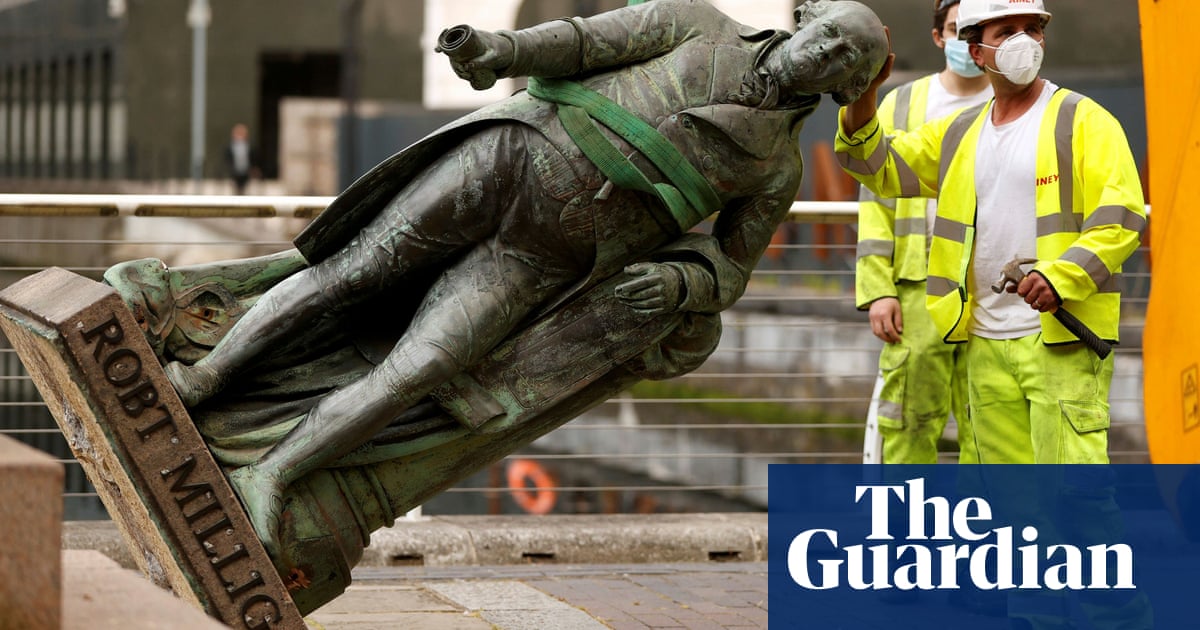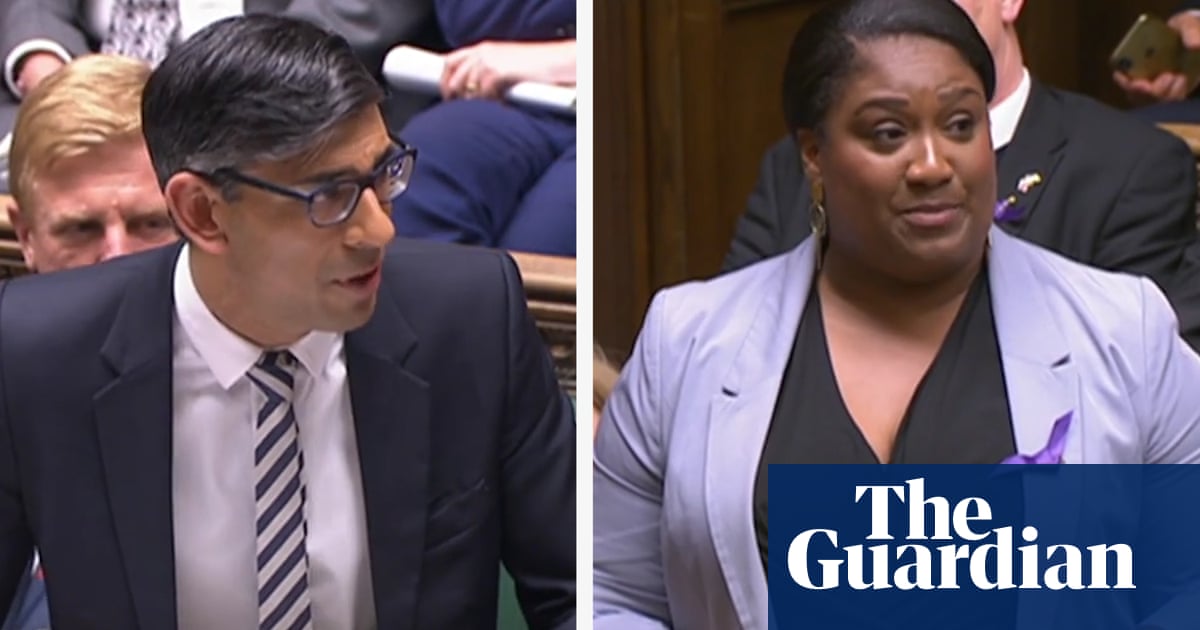
A wealthy Tory MP is facing demands to pay reparations for his family’s part in the Caribbean slave trade after the Observer revealed that he now controls the plantation where his ancestors created the first slave-worked sugar plantation in the British empire almost 400 years ago.
The MP for South Dorset, Richard Drax, has inherited the 250-hectare Drax Hall plantation in Barbados from his father, inquiries by the Observer have established. His father died in 2017. Drax has not yet declared the land or its properties in the parliamentary register of members’ interests.
Last week, leading figures in the Caribbean Reparations Commission (Caricom) described the Drax Hall plantation as a “killing field” and a “crime scene” from the tens of thousands of African slaves who died there in terrible conditions between 1640 and 1836. The Draxes also owned a slave plantation in Jamaica which they sold in the 18th century.
Sir Hilary Beckles, a prominent Barbadian historian of slavery, said Drax must acknowledge the wealth brought to the family by slavery. “If Richard Drax was in front of me now, I would say: ‘Mr Drax, the people of Barbados and Jamaica are entitled to reparatory justice.’”
Beckles, the chair of Caricom and the vice-chancellor of the University of the West Indies, said: “Today, when I drive through the Drax Hall land and its environs, I feel a keen sense of being in a massive killing field with unmarked cemeteries. Sugar and Black Death went hand in glove. Black life mattered only to make millionaires of English enslavers and the Drax family did it longer than any other elite family.”
Official sources in Bridgetown, Barbados, confirmed the MP now farms Drax Hall. One document reveals his involvement in the farm, showing that in February he registered the plantation as a business in the Barbados Companies House in his full name, Richard Grosvenor Plunkett-Ernle-Erle-Drax.
On Friday, the MP said he does not yet legally own the Barbados holdings “as these are still going through the probate process and have not yet transferred to my name. Once that process is completed, I will of course register it in proper accordance with the rules.”
David Comissiong, the Barbados ambassador to Caricom, said on Friday: “There have been centuries of looting and siphoning off the wealth which should have remained in Barbados.
“This was a crime against humanity and we impose upon him [Mr Drax] and his family a moral responsibility to contribute to the effort to repair the damage.”
Like many of his ancestors, Drax is a Dorset MP and is probably the wealthiest landowner in the House of Commons, with 5,600 hectares of farmland and woodlands. The estate’s finances are largely opaque to the public gaze and involve at least six trusts and other disconnected financial entities.
Harrow-educated 62-year-old Drax, a former Guards officer and BBC journalist, lives at Charborough Park, noted for its three-mile long brick wall running alongside one of Dorset’s major roads.
In the centre of the park is the Grade I-listed mansion. Drax also owns some 125 Dorset properties personally or through family trusts and could be worth as much as £150m. He also owns a £4.5m holiday villa on nearby Sandbanks, which is rented out at up to £6,734 a week in peak season.
In Barbados, the imposing plantation house, Drax Hall, built around 1650, still stands – the oldest house in the western hemisphere – and sugar is still grown on the plantation.
Drax rarely comments on his ancestors’ history of slave owning. When he first stood for parliament in 2010, he was asked by the Daily Mirror about his historical responsibility. He replied: “I can’t be held responsible for something that happened 300 or 400 years ago.” Drax said it was an attempt to smear him. “They are using the old class thing and that is not what this election is about. It’s not what I stand for and I ignore it.”
On Friday, Drax said: “I am keenly aware of the slave trade in the West Indies, and the role my very distant ancestor played in it is deeply, deeply regrettable, but no one can be held responsible today for what happened many hundreds of years ago. This is a part of the nation’s history, from which we must all learn.’’
The Barbadian historian Beckles, however, told the Observer: “It is no answer for Richard Drax to say it has nothing to do with him when he is the owner and the inheritor. They should pay reparations.”












